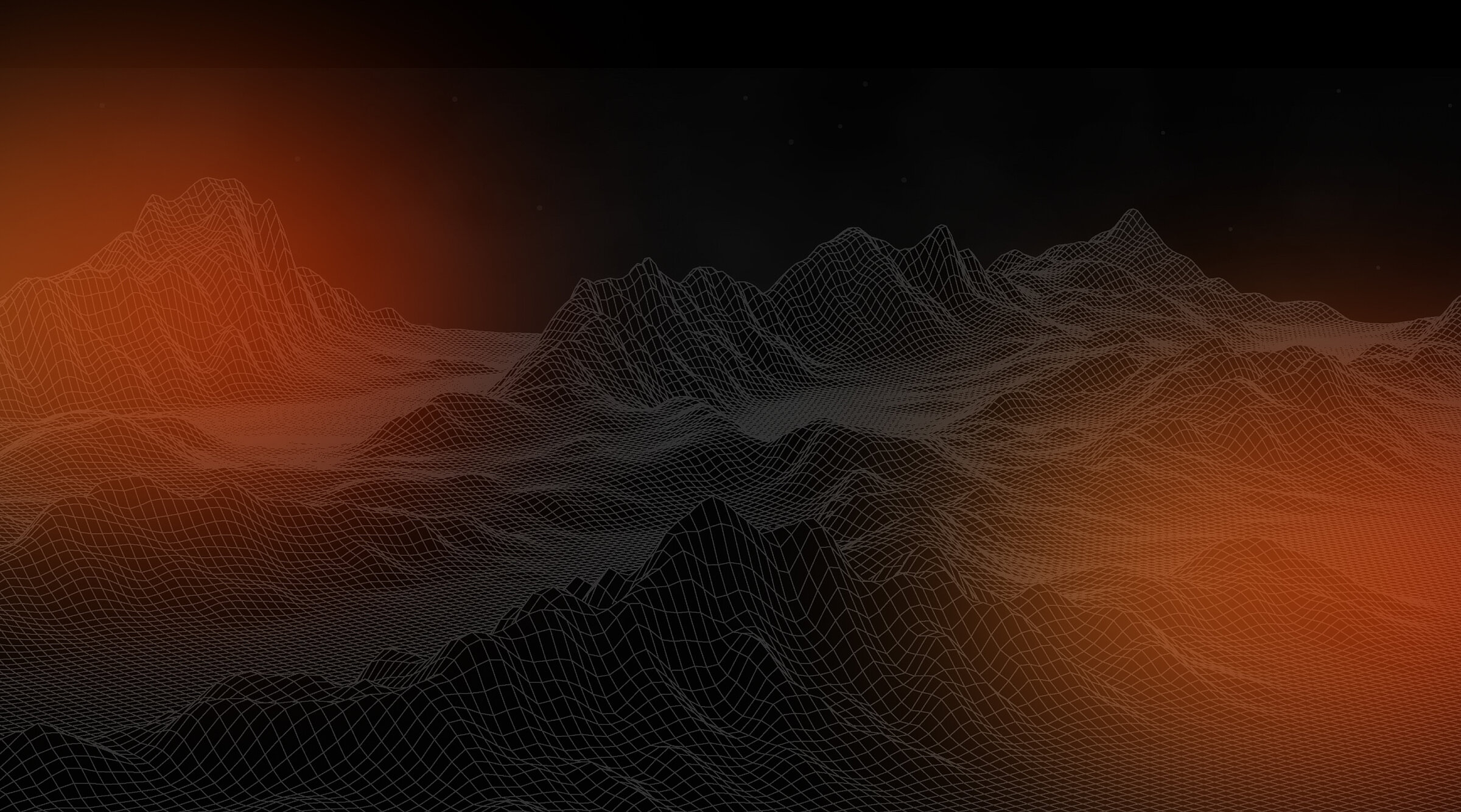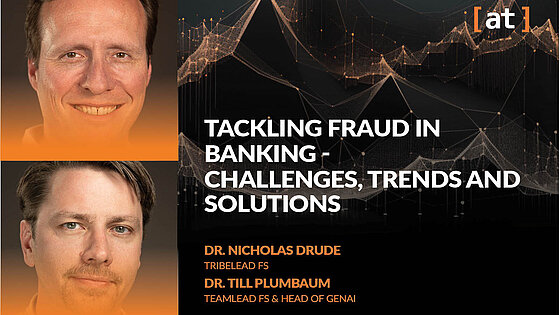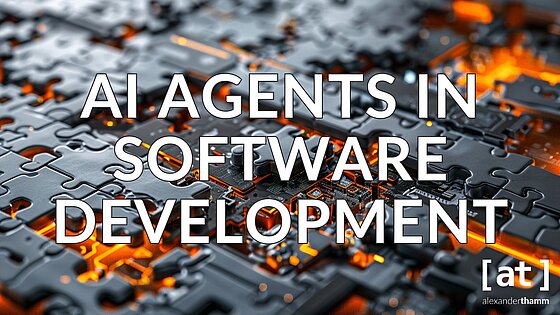
MakeAgentic AI,Data,AI,Software,MLWork
Our Services
Alexander Thamm [at] has been a trusted partner for over 10 years, supporting you throughout the entire digital value chain - from initial consulting and development to implementation and ongoing maintenance of your data and AI projects.

The [at] Data Journey for Your Digital Transformation
Data and AI offer transformative opportunities, enabling businesses to uncover valuable insights, optimize processes, and create innovative solutions. Our holistic scheme for Data and AI projects helps you create real value from your data: The [at] Data Journey comprises four intertwined practices:
DataStrategy
A strong data and AI strategy is no longer optional—it’s a must-have for businesses just beginning to explore data-driven opportunities and for those looking to refine and scale their existing efforts. This strategy ties your business goals to data and AI solutions, clearly showing how they can create tangible value and drive success.
Our Data Strategy Practice creates customized strategies for the effective integration of data and AI into your organization. Our approach focuses on three key areas: People, Processes, and Technology.
We address all strategically relevant areas, including Data & AI Governance, Data Quality Management, Data Intelligence, Data Products, and Data Culture & Change. Our methodology follows a proven framework: Assessment – Development – Operationalization. This approach strikes the perfect balance between a comprehensive strategy and swift, practical implementation—delivering measurable results that quickly demonstrate the effectiveness of your initiatives.
DataLab
Once a strategic roadmap for integrating data and AI solutions into your business is established, our Data Lab practice shifts focus to the technical execution. Here, we design custom solutions, test them, and develop initial prototypes.
The Data Lab practice spans a broad range of technical disciplines, with expertise in areas such as Explainable AI (XAI), recommender systems, anomaly detection, natural language processing (NLP), forecasting, and computer vision. A key focus right now is the development of generative AI (GenAI) and agentic AI solutions, including multi-agent systems (MAS). Our expertise ranges from making AI systems reliable, enabling smooth interaction between AI, data, and users, improving prompts, to linking models across different formats like text, audio, video, and images.
DataFactory
Our Data Factory practice is all about scaling. We start by creating a detailed scaling plan that prioritizes markets, functions, and brands. This plan serves as the foundation for transforming your prototype into a Minimum Viable Product (MVP) and, through continuous testing and refinement, into a market-ready data product.
A key focus is selecting the best data platform to meet your unique needs—whether it’s a Data Warehouse, Data Lake, or Data Lakehouse. We also specialize in data modeling and ensuring high data quality, providing you with robust and reliable data products for the long term. With streamlined data preparation and insightful data visualization, we empower your business to make data-driven decisions and gain a competitive edge.
DataOps
Implementing and operating data and AI does not stop at its initial roll-out. It is the continuous optimization and improvement that makes it truly valuable and efficient in the long run. That’s where our DataOps practice comes in: it ensures the scalability of your solution while enhancing its performance, security, and reliability.
The DataOps practice combines the expertise of data engineers, data scientists, and IT operations into an interdisciplinary approach to data management. Inspired by DevOps principles—such as automation, collaboration, and continuous delivery—it is tailored specifically to the challenges of managing data pipelines.
Discover our exciting webinars
Best Practices and Industry Exchanges - watch live or on demand.
[at] blog
Discover expert reports on data & AI and the latest industry news.

- Deep Dive
AI Agents for Fraud Detection
In the banking sector, financial losses caused by fraud have risen sharply in recent years — in Germany alone, they amount to tens of billions of…
Read more
- Basics
Agentic AI in Supply Chain Risk Management
In an increasingly globalised world, supply chains are more complex and vulnerable to external disruptions than ever before. Companies are faced with…
Read more
- Basics
AI Agents for Software Development
Large Language Models (LLMs) are becoming increasingly proficient at performing various tasks. They are so versatile that people use them for a wide…
Read more
- Basics
Domain Adaptation: Simply Explained
Model training is at the core of machine learning and AI. You train the model to perform on a task, and you want the model to perform well. That's the…
Read more